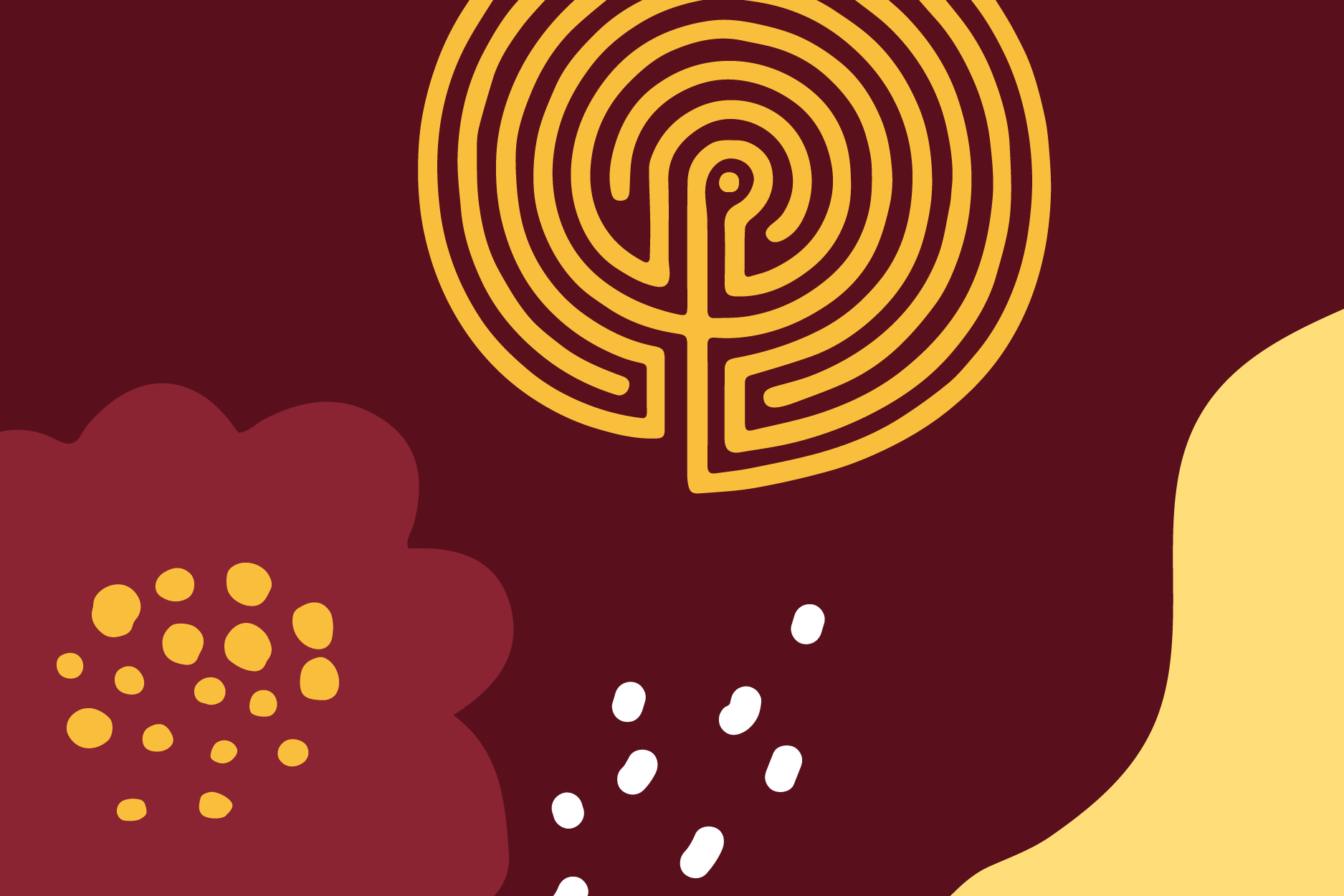From Health Care to Wellbeing: Unleashing the Potential of Health Coaching in Primary Care
As the health care landscape undergoes rapid changes, primary care is no exception to the trend. The future of health care is an exciting blend of traditional primary care and health coaching, a dynamic duo poised to make a lasting impact on patient wellbeing.
June 15, 2023
Dr. Cherie Kroh

As the health care landscape undergoes rapid changes, primary care is no exception to the trend. The future of health care is an exciting blend of traditional primary care and health coaching, a dynamic duo poised to make a lasting impact on patient wellbeing. Evidence supports that the integration of health coaches into primary care can enhance patient outcomes, improve the physician-patient relationship, and ultimately, reduce health care costs. In addition to these benefits, health coaches can also help to tackle social determinants of health and health inequities. Patients who receive health coaching are less likely to require expensive interventions such as hospitalizations and surgeries. Health coaching and its impact cannot be overstated. The American Medical Association highlights that integrating health coaching into primary care is a recipe for success. We believe health coaching is the secret sauce!

A health coach is a professional who works with patients to help them achieve their health and wellbeing goals. Health coaches serve as an essential link between patients and physicians. They work collaboratively with patients to create comprehensive, personalized care plans that address their physical, emotional, and social needs while establishing long-term mindset and behavior changes the patient wants to make. They also provide ongoing support and accountability, which can be key to helping patients stick to their care plans.
Primary care providers are embracing health coaching techniques, shifting their focus from just treating illness to promoting overall wellness. As primary care and health coaching continue to merge, it’s crucial to prepare health coaching students for this ever-evolving world of health care. So, how do we educate and train these students to become the health coaching superheroes of tomorrow? Let’s break it down:
- Comprehensive Curricula: Equip students with a holistic understanding of health coaching techniques, behavior change strategies, motivational interviewing, and goal-setting. This solid foundation will enable them to provide effective support for patients and seamlessly collaborate with primary care providers.
- Interdisciplinary Collaboration Competencies: These competencies will enable our students to gain a deeper understanding of the various factors affecting patient health and how to work in an interdisciplinary health care team.
- Reimbursement Code Readiness: We are teaching students about the intricacies of reimbursement codes and telehealth, a vital element in integrating health coaching into primary care. As health coaching gains traction, new reimbursement codes are likely to emerge, making it essential for students to stay informed and adept at navigating these changes. Health coaches will become essential to primary care providers as health coaching reimbursement codes are key in unlocking financial support for coaching services, a critical aspect of health care integration.
- Diversity, Equity, Inclusion, and Belonging Competencies: Instilling the importance of understanding and respecting diverse cultural backgrounds, beliefs, and values will enable students to deliver personalized and inclusive health coaching services that cater to the unique needs of each patient. In addition, with an understanding of social determinants of health and health equities, health coaches can help make an impact in these areas.
- Leadership and Management Competencies: Inspire students to embrace lifelong learning by staying up-to-date with the latest health coaching research and best practices. This commitment will help them remain at the forefront of the industry, ready to tackle new challenges and adapt to the ever-changing health care landscape.
- Trauma-informed Approaches: Engage students in their understanding of trauma, mental health, and mind-body science, will help students understand the importance of their scope of practice and recognize when referrals are needed to better serve clients and patients.
The future of health care is undeniably an exhilarating fusion of health coaching and primary care. We are equipping health coaching students with the right tools, knowledge, and experiences, to ensure that they become the trailblazers of this exciting new era in health care where wellbeing becomes the norm rather than the exception. And who knows? Maybe, just maybe, we’ll inspire a new generation of health care heroes, ready to take on the challenges of tomorrow and transform the way we approach health and wellbeing, making a lasting impact on the lives of patients and communities.
You can help lead the critical change needed in health care. Financial barriers stand in the way for many promising students and scholarships make all the difference for students pursuing a Health Coach degree or certificate. Donors make integrative health and wellbeing education possible for scholars from all backgrounds and walks of life. To make a financial donation or pledge, contact Virginia Kaczmarek, Development Officer at 612-624-1121, [email protected] or visit z.umn.edu/GiveCSH.



